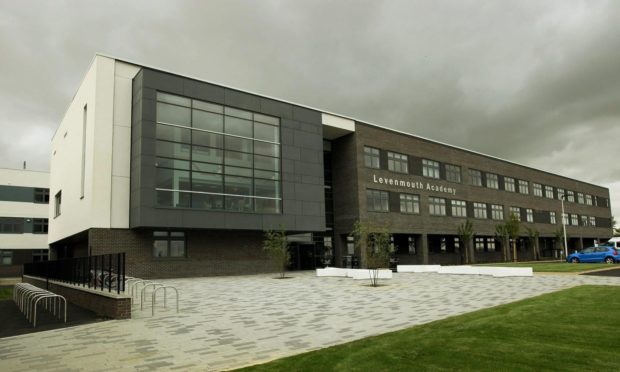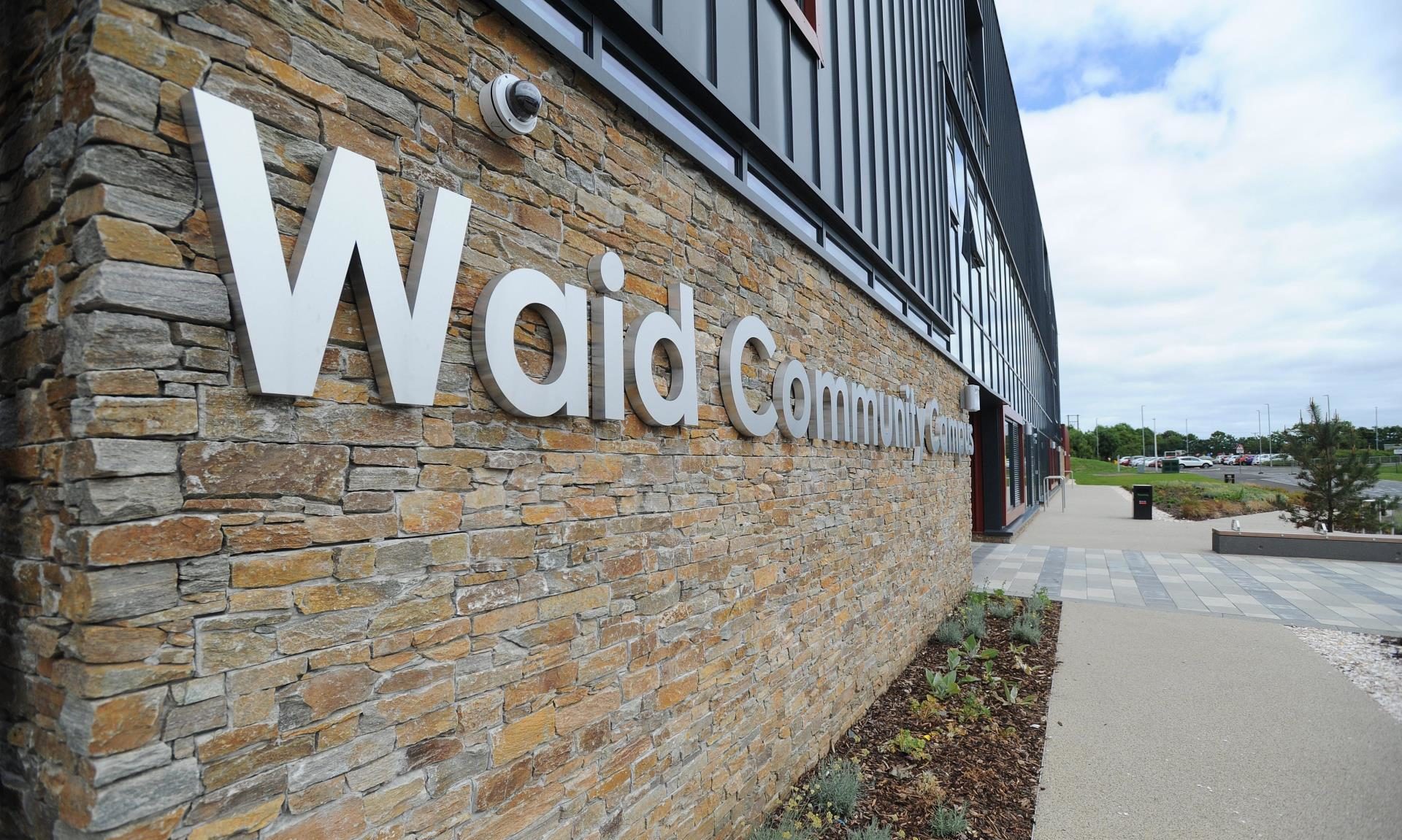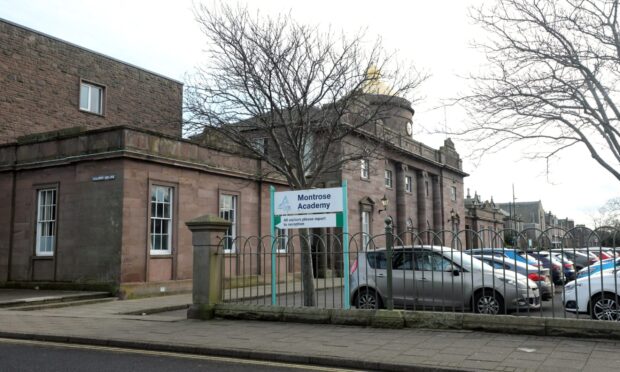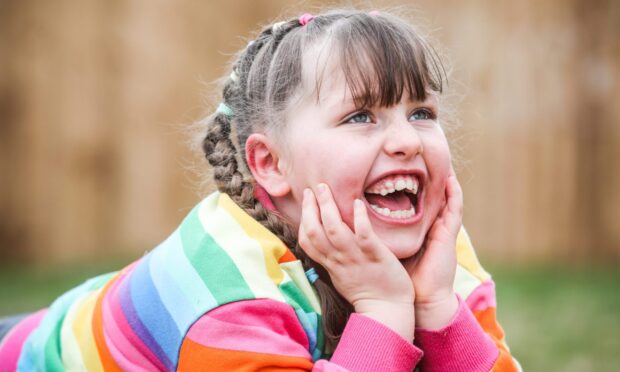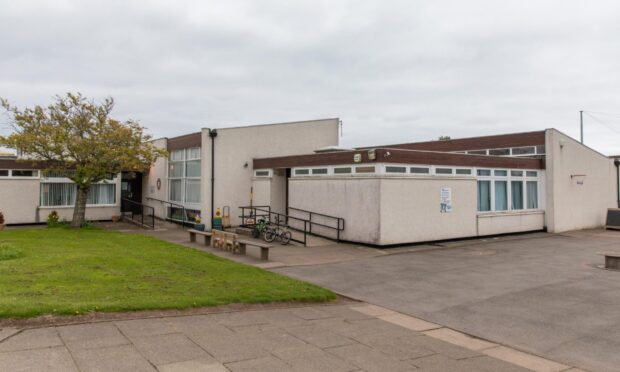Close to 3,000 secondary school pupils across Fife have been excluded in the past four years.
Figures obtained through a freedom of information (FOI) request have shown that more than 2,900 pupils across the 18 secondary schools in the region have been excluded since March 1, 2016.
It was also revealed that every secondary school bar one in the region has had at least one pupil excluded in each of the four years.
For data protection reasons, exact figures are not provided if the number of exclusions in a year group was between one and five pupils.
Deprivation a factor?
Levenmouth Academy saw the most exclusions in the region, with 556. The Buckhaven school opened in August 2016 and most of its exclusions came in the 12-month period between March 2017 and 2018, when there were 283.
Scottish Government figures show that more than half of pupils at Levenmouth live in one of Scotland’s most deprived areas.
Similarly, Beath High School excluded 337 pupils in this period – the second highest number of exclusions in the Fife region.
A quarter of pupils who attend the Cowdenbeath school live in one of the most deprived areas.
In contrast, no pupils were excluded at Waid Academy in Anstruther.
Similarly, Madras College in St Andrews and Queen Anne High School in Dunfermline excluded less than 50 pupils.
Data from the Scottish Government shows that just 3% of pupils who attend Waid Academy live in one of the most deprived areas of the country, and less than 1% of pupils who attend Madras live in more deprived areas.
Similarly, only around 13% of pupils at Queen Anne High live in one of the most deprived areas.
What are pupils excluded for?
Figures also showed that the period between March 2017 and March 2018 had the highest number exclusions, with around 1,o1o pupils affected.
In comparison, the 12 months between March 2019 and March 2020 saw the fewest exclusions – 430 – in the four-year period.
Among the most common reasons for exclusions were general or persistent disobedience, insolent or offensive behaviour and fighting.
More than 800 exclusions were made for general or persistent disobedience, 268 were for insolent or offensive behaviour and more than 130 for fighting.
What does Fife Council say?
Head of education at Fife Council, Shelagh McLean, said that pupils were only excluded when “absolutely necessary.”
She said: “Our schools aim to promote positive behaviour to help all pupils learn in the best environment possible.
“Good discipline is an important part of school life and schools will use exclusions only when absolutely necessary and in accordance with the legislative framework.
“If a pupil falls short of the behaviour expected, there are a number of different strategies that will be considered and the most appropriate action will be taken.”
